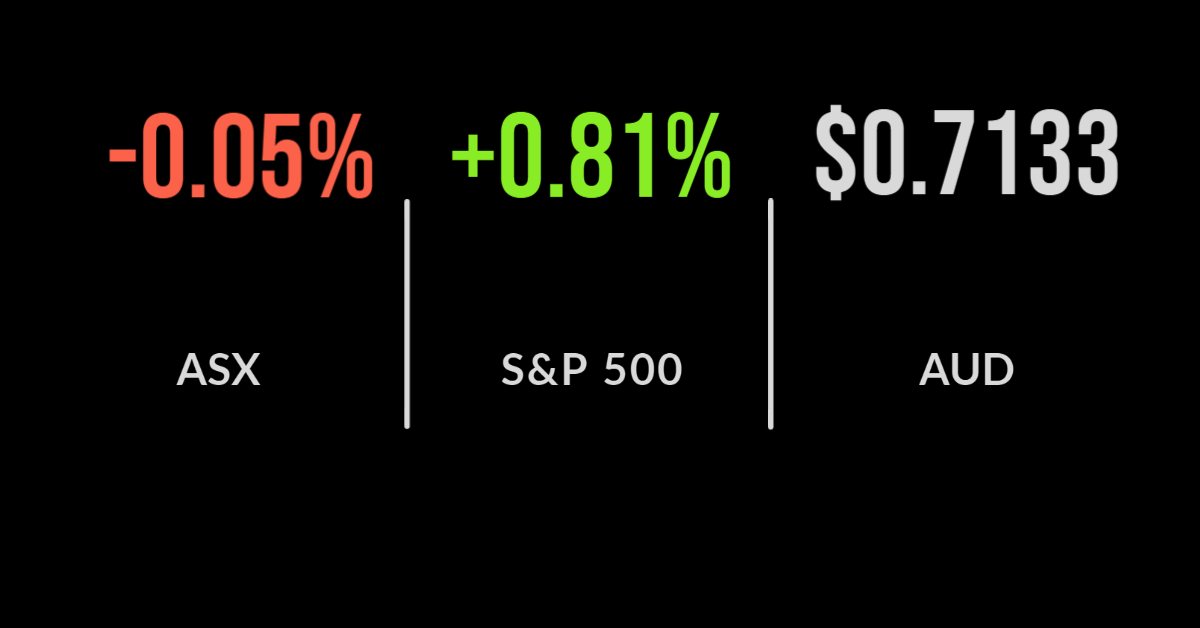BHP losses fuel worst week for ASX since January
Losing week, iron ore and the economy, Cochlear tanks
The ASX200 (ASX: XJO) fell another four points on Friday, capping a full week of lower closes and a loss of 2.2% for the five days.
On Friday, it was all about Cochlear (ASX: COH) with the hearing aid manufacturer falling 7.4% despite recording record sales of $1.49 billion and a 54% increase in profit. Management also increased the dividend over 50%.
The materials sector fell 1.0% capping off a shocking week in which the sector was down 9.6%. On Friday, it was the battery materials stocks with Lynas (ASX: LYC) falling 6.9% and Pilbara Minerals (ASX: PLS) down 5.6%.
Iron ore prices continue to track lower as the Delta variant looks like significant headwind to the economy, BHP falling 16% over the five days.
Mineral Resources (ASX: MIN) which mines iron ore and battery materials also weakened, down 17%. On the positive side it was all about reporting season with a number of so-called growth stocks topping the charts.
Redbubble (ASX: RBL) went some way to recovering its losses up 32% in five days, with radiology tech company Pro Medicus up 17.5%, and Kogan (ASX: KGN) benefitting from another extension to lockdowns.
Negative week but still no correction, China, tech end slide, rising dollar
US and other global markets finished the week on a more positive note with the Nasdaq leading the way, up 1.2%, with the likes of Apple (NYSE: AAPL), Microsoft (NYSE: MSFT) and Tesla (NYSE: TSLA) jumping amid dip buying.
The Dow Jones and S&P 500 were comparatively weaker, up 0.6 and 0.8% respectively, with the financial and energy sectors struggling as the economic backdrop worsens.
Over the week, these sectors were down over 2 and 7% each driven, taking the Dow Jones down 1.1%.
Both the Nasdaq and S&P 500 were down around 0.6%. The strategy of buying the dip, i.e., putting cash into the market whenever it weakens, has paid off for many years now and appears to be supporting daily trading.
This week it was consumer staples and healthcare companies that investors were seeking. The biggest news, however, was the strengthening USD amid ongoing taper talk, which has been a significant cause of his week’s big sell off in commodities.
There was positive news from agricultural and construction machinery supplier Deere & Co (NYSE:DE) with the company seeing agricultural sales up 30% and construction 28% in the quarter, resulting in a solid profit result.
Given the important role of machinery in most traditional industries it’s a positive sign of the global recovery.
It’s the economy stupid, anaemic wage growth, anything is possible
The saying used in Bill Clinton’s campaign provides a simple explanation of the market events of this week, with the reality of the Delta variant, or at least the government reaction to them ultimately determining the course of the economy.
Lockdowns have expanded across Australia, in China and many regions in the US and Europe are seeing massive case numbers and deaths.
The stimulus of last year has all but disappeared and without any new policies we may be looking at a double dip recession if not a Japanese deflationary period ahead.
This is best evidenced by the wage growth results released this week, in which Australian wage growth slumped to one of the slowest rates in history.
Wages lifted just 0.4% and are now at 1.7% over the last 12 months, both were well below economist forecasts as usual.
In addition to this Australian’s gave up looking for work with the drop in unemployment caused by a 1% fall in the participation rate of those seeking employment.
Anything is possible in markets after we finally saw BHP (ASX: BHP) give up its London listing and seek to hive off its petroleum assets in a deal with Woodside Petroleum (ASX:WPL).
Whilst markets haven’t cheered the decision thus far, it appears a strong move simplifying the business whilst many other groups like Santos (ASX: STO) are out seeking to deploy capital.










